Cognitive & Memory Decline Assessment & Intervention from Maxwell Perkins
$219.00 $65.00
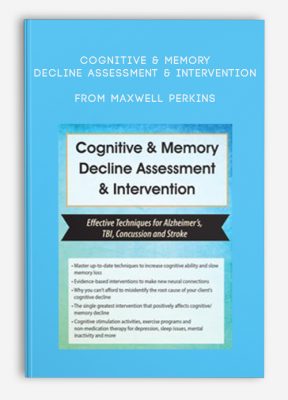
Cognitive & Memory Decline Assessment & Intervention Effective Techniques for Alzheimer’s, TBI, Concussion and Stroke from Maxwell Perkins

Faculty:Maxwell Perkins
Duration:6 Hours 36 Minutes
Archive : Cognitive & Memory Decline Assessment & Intervention from Maxwell Perkins
Get Cognitive & Memory Decline Assessment & Intervention from Maxwell Perkins on Salaedu.com
Outline:
Cognition and Memory: Clinical Examples
- Normal vs. abnormal memory/cognitive decline
- Mild Cognitive impairments (MCI) vs. Mild Alzheimer’s disease (AD)
- Relationship to Executive Functions (EF)
- Frontal lobe and attention: The impact of TBI, CVA, MCI
- Delirium: The importance of identification and treatment
Cognitive & Memory Intervention For Alzheimer’s * TBI * Concussion * Stroke
Co-Morbidities/Reversible Factors Affecting Cognitive/Memory Function and How to Intervene
- Depression: Assessments, non-medication therapy, referral needs
- Sleep issues: Sleep hygiene program, environmental strategies
- Mental/physical inactivity: Cognitive stimulation activities, exercise programs/guidelines
- Vision and hearing loss: Age related impact, sharpen your observational skills
- The Hippocampus: Latest research and how to influence age related changes
- Marijuana: Use of and impact on cognition/memory
Cognitive Assessments: Hands-on Activities
- Quickly identify mild cognitive/memory changes/deficits
- Choose the best assessments to use for specific issues/areas
- Limitations and strengths of assessments used for cognitive functioning
Interventions for Managing Cognitive/Memory Decline
- Computer-based Cognitive Training: What does the evidence say?
- Spaced Retrieval: Incorporate into treatment, baseline for client education
- Compensatory strategies: Lists, calendars, skill set money management
- Physical exercise: Best type, program implementation strategies
- Communication: Effective stage appropriate strategies, environmental factors
Interventions for Independence, Mobility, Safety and other ADLS/IADLs
- Falls: Computer-based training, decrease risk, dual tasking
- Driving: Clinical assessment tools, strategies for cessation of driving, state requirements
- Medication administration: Strategies for adherence, caregiver training
- Home management: Adaptive equipment, strategies for home safety, appropriate discharge environment to assure safety and highest functional level
- Communication: Strategies for working with physicians and caregivers
Get Cognitive & Memory Decline Assessment & Intervention from Maxwell Perkins on Salaedu.com
Description:
Often overlooked, many co-morbidities and reversible factors can complicate accurate identification of the root cause of your client’s cognitive/memory decline – leading you down a frustrating treatment path that fails to get results.
This dynamic and interactive training recording will leave you confident in your ability to intervene with cognitive/memory decline related to early stage Alzheimer’s, Traumatic Brain Injury (TBI), concussion, Cerebral Vascular Accidents (CVA’s) and Mild Cognitive Impairment (MCI).
You will learn the latest evidence-based assessment and treatment interventions for cognitive/memory impairment as well as master the insight necessary to select the most appropriate interventions and safe discharge environments. We will also discuss the impact of ethnicity, education level, obesity, diabetes and other contributing factors that must be considered in the intervention of cognitive/memory decline.
Watch and you will learn:
- Cognitive, stimulation activities, exercise programs and non-medication therapy for depression, sleep issues and mental inactivity
- Computer-based cognitive training, compensatory strategies, spaced retrieval and effective and safe environmental interventions
- Assessments for executive function, fall risk, driving ability and overall safety
- Evidence-based interventions to make new neural connections
- How to prioritize treatment sessions to focus on your client’s functional deficits
- Effective communication strategies for dealing with clients, families, peers and MD’s
The negative implications of misaligned client assessment and treatment interventions are far too important for you to be uncertain and unprepared.
Health and Medical course
More information about Medical:
Medicine is the science and practice of establishing the diagnosis, prognosis, treatment, and prevention of disease.
Medicine encompasses a variety of health care practices evolved to maintain and restore health by the prevention and treatment of illness.
Contemporary medicine applies biomedical sciences, biomedical research, genetics, and medical technology to diagnose, treat, and prevent injury and disease,
typically through pharmaceuticals or surgery, but also through therapies as diverse as psychotherapy, external splints and traction, medical devices, biologics, and ionizing radiation, amongst others.
Medicine has been around for thousands of years, during most of which it was an art (an area of skill and knowledge) frequently having connections to the religious and
philosophical beliefs of local culture. For example, a medicine man would apply herbs and say prayers for healing, or an ancient philosopher and physician would apply bloodletting according to the theories of humorism.
In recent centuries, since the advent of modern science, most medicine has become a combination of art and science (both basic and applied, under the umbrella of medical science).
While stitching technique for sutures is an art learned through practice, the knowledge of what happens at the cellular and molecular level in the tissues being stitched arises through science.
More Course: FITNESS – HEALTH – MEDICAL
Outstanding Course: Cognitive Therapy: Interventions for Dementia, Memory & More – Jerry Hoepner , Maxwell Perkins & Peter R. Johnson
1 review for Cognitive & Memory Decline Assessment & Intervention from Maxwell Perkins
Add a review Cancel reply
Related products
HEALTH - FITNESS - LIFESTYLE - MEDICAL
HEALTH - FITNESS - LIFESTYLE - MEDICAL
HEALTH - FITNESS - LIFESTYLE - MEDICAL
Complete Certified Professional Coach Online Course from Berry Fowler
HEALTH - FITNESS - LIFESTYLE - MEDICAL
Fitness Mentors – Audio Lectures, Practice Tests and Study Guide for the NASM CPT Ex
HEALTH - FITNESS - LIFESTYLE - MEDICAL
Somatic Interventions for Treating Complex Trauma with Janina Fisher, Ph.D. from Janina Fisher
HEALTH - FITNESS - LIFESTYLE - MEDICAL
HEALTH - FITNESS - LIFESTYLE - MEDICAL

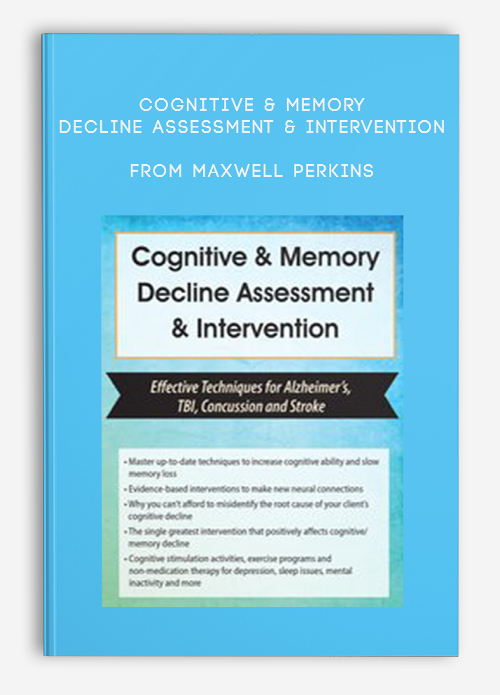
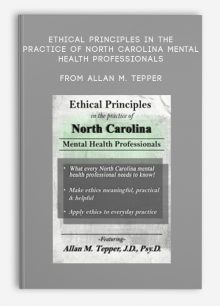


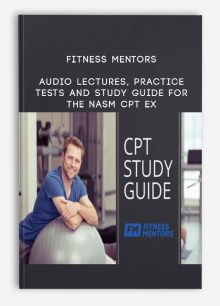
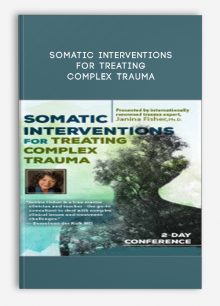
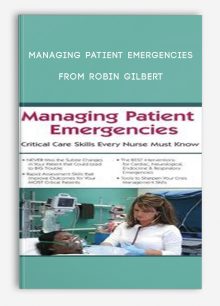
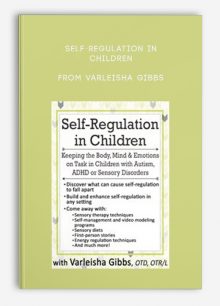

king –
“Thorough presentation of material and resources! I learned more than expected, and walked away with more strategies and ideas to engage this growing population of people. Very enjoyable. Thank you!”